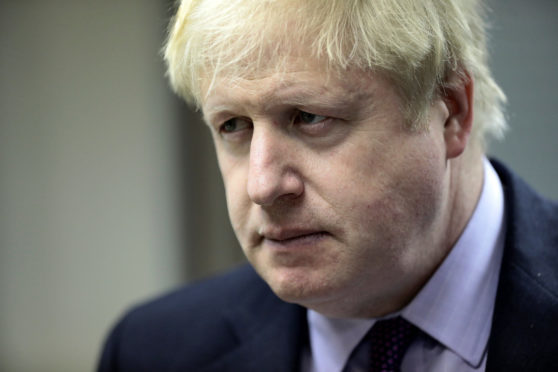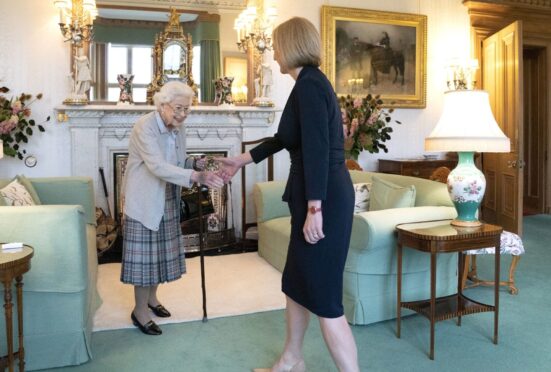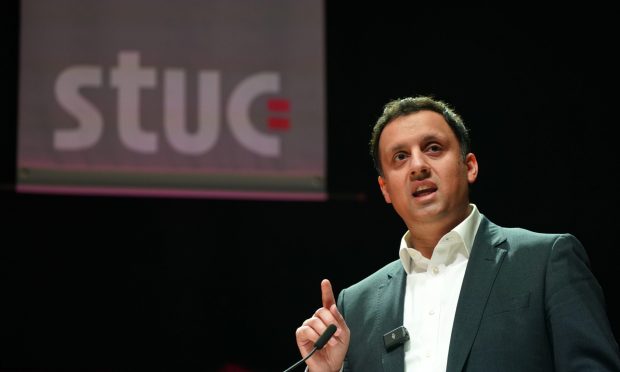Foreign Secretary Boris Johnson has backed calls for a UK-wide ban on electric shock dog collars.
The devices give pets an electric shock to correct their behaviour during training sessions.
But concerns have been raised about the collars causing unnecessary pain and about the potential long term effects on the welfare of animals.
Aberdeen South MP Ross Thomson wants Westminster to take action and ban the devices, following in the footsteps of Scotland and Wales.
He said: “I am a dog owner, but you don’t have to own a pet to understand that these electric shock collars are cruel and unnecessary.
“These devices are openly marketed and sold as training aids, and they work by instilling fear of punishment in the animal.
“It’s often said that dogs are a man’s best friend so it’s time we showed some of that loyalty and friendship in return – these collars are nothing short of barbaric and it is time that the law reflected that.”
Mr Johnson, MP for Uxbridge and South Ruslip, has now backed the Aberdeen Conservative and compared using shock collars on dogs to using canes to correct the behaviour of children.
“I want to congratulate Ross Thomson on his campaign,” he said. “I am absolutely shocked to discover electric shock collars are being used on dogs as utensils of discipline and education.
“There are far better ways of training your dog – just as you don’t need to cane children any more, we have moved on from that, let’s move on from electric shock collars.”
The results of a recent poll carried out by the Dogs Trust charity shows that almost a third of people thought that the collars were already banned.
Of the 2,067 adults interviewed by Populus, it emerged that the majority of people taking part believed the devices caused pain with a total of 83% of dog owners refusing to use them.
Dogs Trust director of canine behaviour and research, Rachel Casey, said the collars could worsen a pet animal’s behaviour, despite being sold as a way to train them.
Ms Casey said: “A dog can’t understand when or why it’s being shocked and this can cause it immense distress, with many dogs exhibiting signs of anxiety and worsened behaviour as a result.
“We urge everyone who loves dogs to consider the impact that using these kinds of devices can have on our four-legged friends, and join with us in asking your MP to back the ban.”










